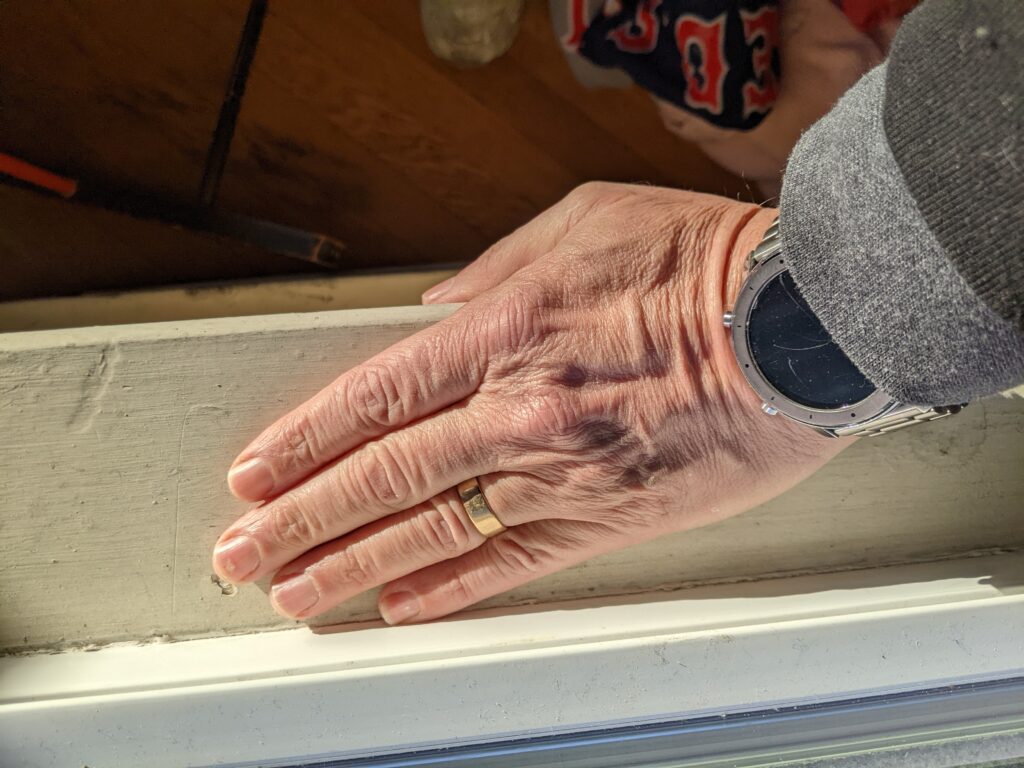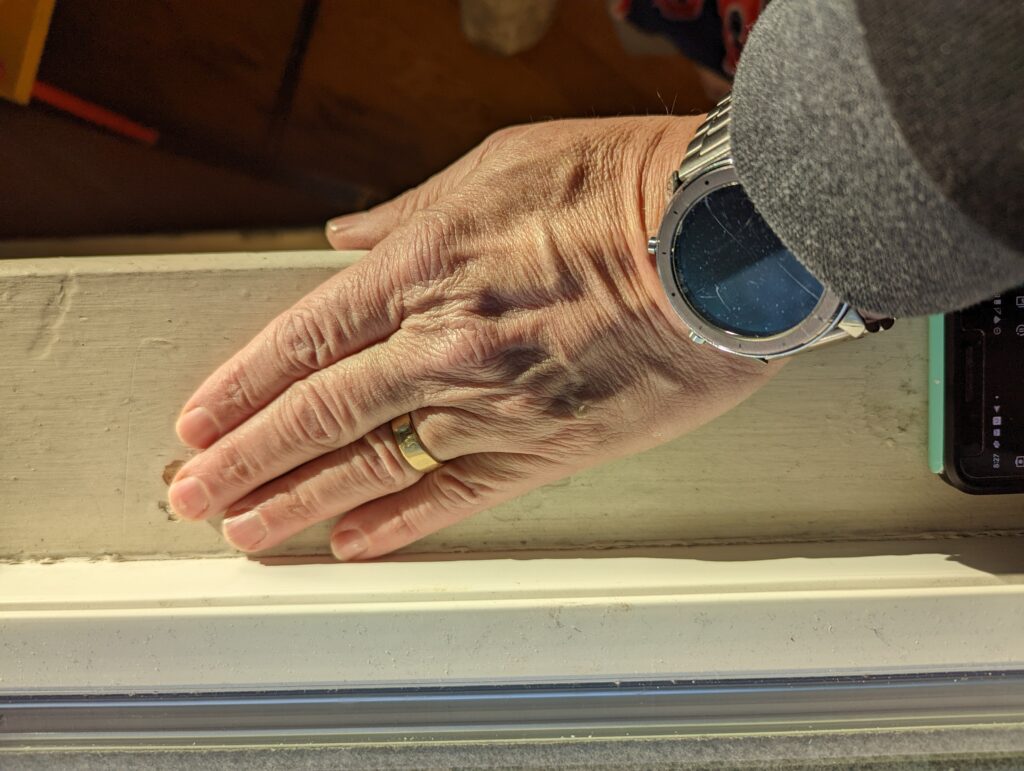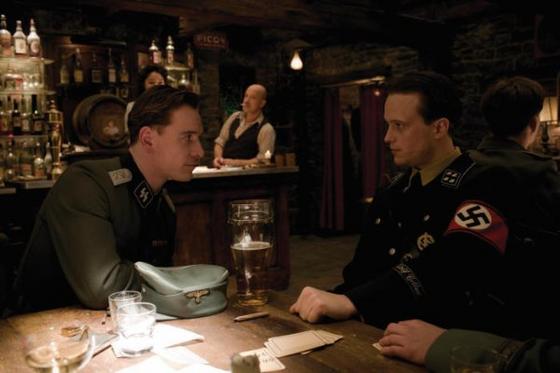June 6, 2023
Apple’s Vision Pro intro video is the product
The Apple Vision Pro launch video is a timelessly great example of its kind. Indeed, With a $3,500 price tag for what is essentially a display, the video is the actual product: it claims a new space for Apple.
At first glance, I was disappointed and skeptical: a cumbersome headset so I can watch a 2D virtual display? But it’s been so thoughtfully designed; they have, it seems, thought of everything. The video counters every objection that springs to mind. Do you want to show up in a Facetime with the dumb visor on? Oh, it erases it through the magic of AI! You want to be able to interact with real people in your physical space? Translucence to the rescue. So, good job, Apple!
I was impressed by the video under-selling its 3D capabilities. That took a lot of marketing restraint. But it would have distracted from what’s actually new: Apple’s intense focus on what makes this thing useful now with the software tools we have and with the way we work now, even though that won’t justify the price for hardly any of us.
At what price would I buy one? I won’t know until I try one, which I suppose is one mark of a genuinely innovative product.
The Apple video in many ways reminds me of Bruce Tognazzini’s 1992 “StarFire” video that sketched a headset-free virtual workspace. It, however, was purely visionary with no product in sight. (Tog provides context for the video here.)
















